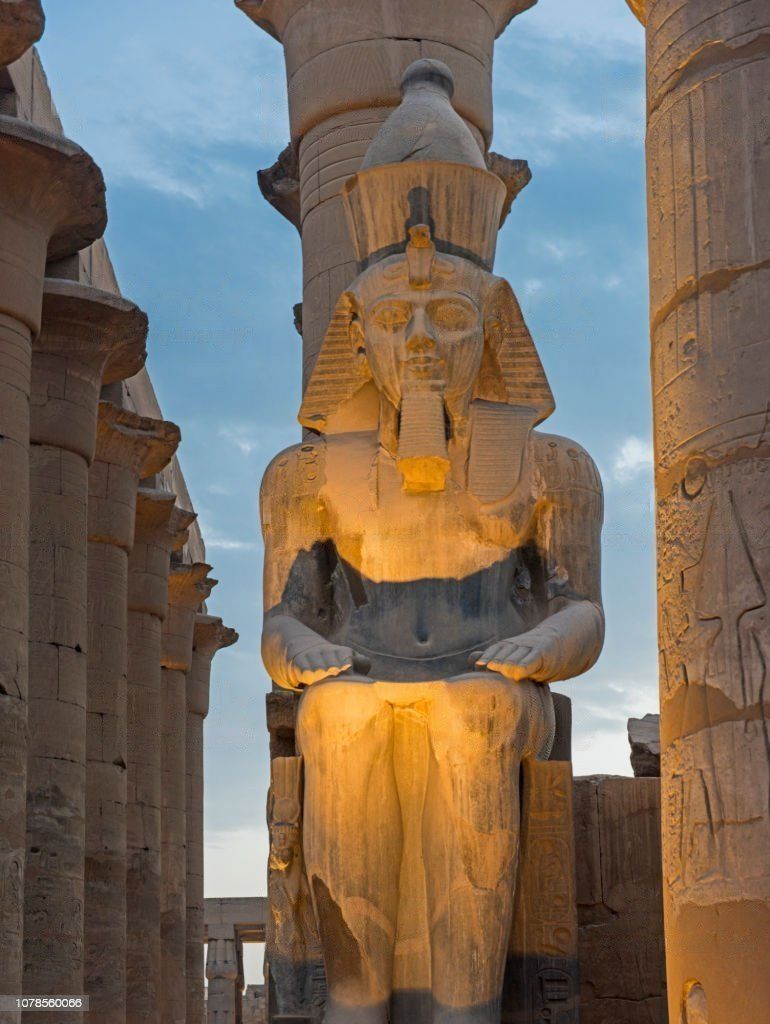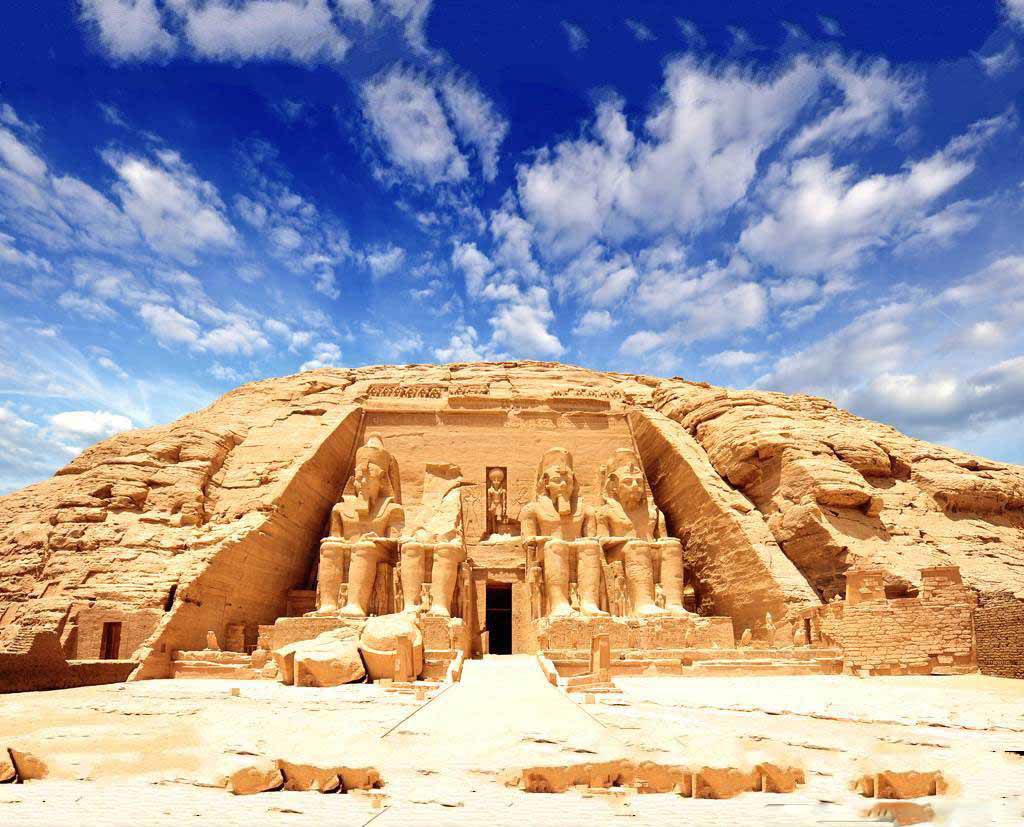Luxor City
Luxor was part of ancient Thebes and was the seat of power for 1350 consecutive years from 2100 BC to 750 BC and at this time the Egyptians built many works of architectural art and thus the city turned into a city rich in history dazzling places with antiquities temples and tombs, today you can walk Between history and the heads of the gods in the way of rams, among the columns, lotus flowers and papyrus leaves, and to enjoy a short trip in Karate or in a felucca at sunset.
Luxor is considered part of ancient Thebes, and it is the city with a hundred gates, as the great Greek historian Homer said about it, because of its buildings with large gates. The city has grown through the ages, and the Arabs admired it and its beauty, so they called it Luxor because of the many palaces they saw in it. That is why the visitor is dazzled when he visits the city, which is characterized by its awesome pillars, the space on the entire shore of the Nile, in the city of life in the east, where the sun rises, and in the city of death in the west, where the sun sets in its endless orbit, where life rests in peace. Luxor is considered an open university for human history since the prehistoric era, then the Pharaonic era, until the Islamic era, passing through the Greek, Roman and Coptic eras. It has been given many names since ancient times… So it was called (Iono-Shama), meaning the southern city of the sun, to distinguish it from the northern city of the sun (Ain Shams now). This city has it. (newt) any city. (Abt Al-Dawiya) referring to the two sections of the city, which included the Karnak Temple in the north and the Luxor Temple in the south. (No-Amun), which is the name by which it was mentioned in the Torah, and means the city of Amun. (Luxor) This designation came after the Islamic conquest of Egypt, when the Arabs were dazzled by the splendor of its palaces and the loftiness of its edifices, so they named it by this name, which is the plural of the word (palace). It was mentioned by the Greek poet Homer in the ninth hymn of the Iliad.




